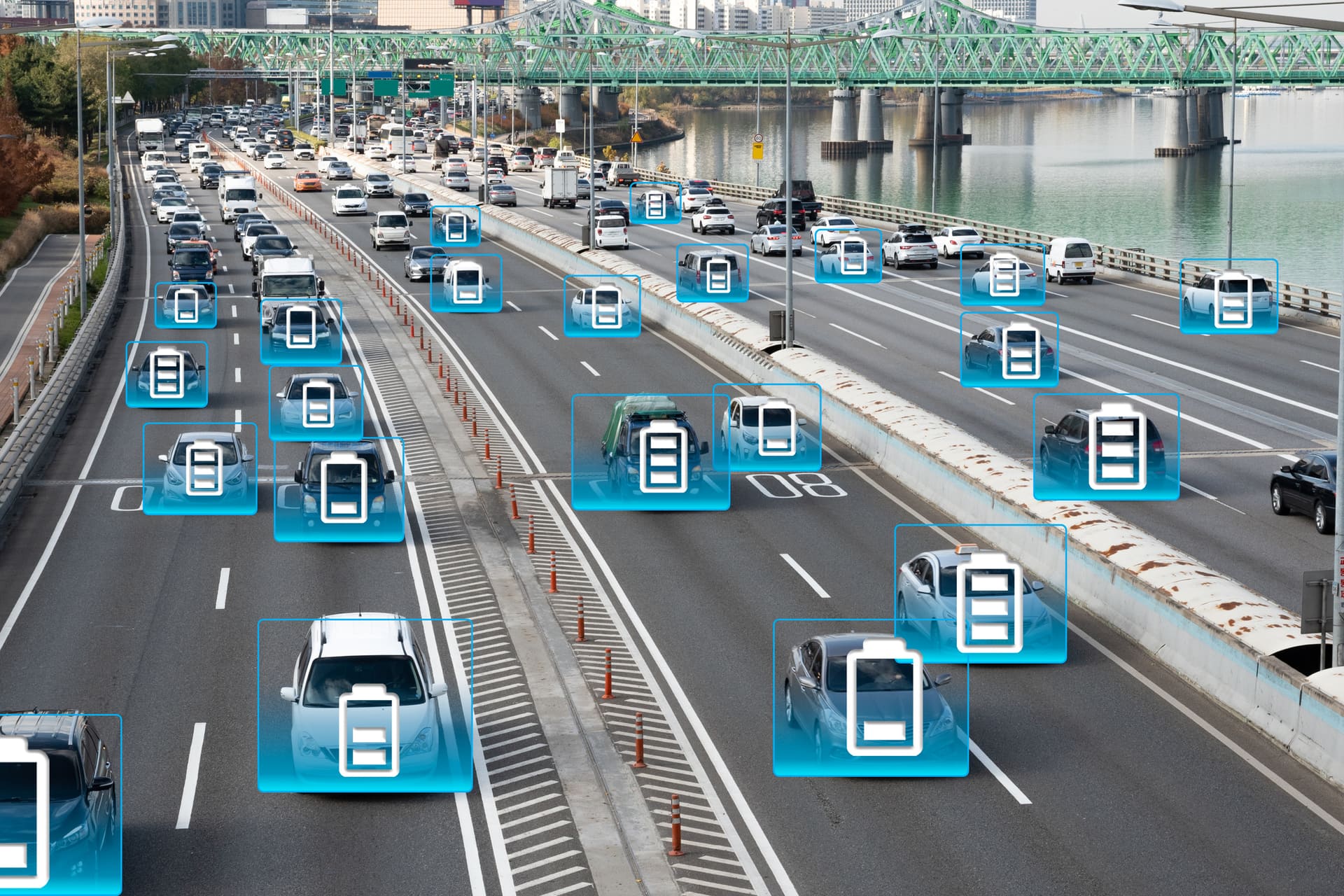
23 Jun No Controls and No Redress on Accuracy of Fast-Charging DC Stations
No Controls and No Redress on Accuracy of Fast-Charging DC Stations
Are EV users getting value for money from Direct Current (DC) fast chargers?
Delft, the Netherlands — 23 June 2021. As usage of Electric Vehicles (EVs) grows rapidly across Europe, the accuracy of fast-charging DC stations is being called into question. A lack of suitable regulation in most European countries means that EV users cannot know for certain if they are getting the electricity they pay for and, if there is any doubt, there is no opportunity for redress.
The leading international metrology institute, NMi (Netherlands Measurement Institute), says the lack of a consistent legal framework and price conformity of EV charging stations stems from governments struggling to keep pace with the rapidly evolving EV market, driven by the global energy transition.
“There are no regulations in place to guarantee the accuracy of energy delivered by fast-charging EV stations, which means that EV users are effectively left in the dark,’’ says Lars Cornax of NMi. Cornax calls for national legislation as a first step to protect consumers using DC charging stations. He adds: “European-wide legislation would be preferable, but that could take a while. In the meantime, something must be done quickly.”
Some European countries make-do with existing legislation to protect EV consumers, but – except in Germany – nothing has been specifically designed for the EV charging market. For example, the Netherlands uses the European MID Directive, which was originally designed to standardise devices such as electricity meters. “This only works up to a point,’’ says Cornax, “and this legislation currently only applies to AC meters – not to fast-charging DC meters, which we expect to grow exponentially.”
Using a fast DC charger is convenient, but special care needs to be taken for possible energy losses which could be introduced between the meter and the delivery point. If manufacturers of EV chargers do not account for such energy losses and the measurement methodology is not properly certified, consumers could end up paying significantly more. In the absence of specific regulations, consumers have no certainty that they will be compensated for the shortfall.
Inconsistent legislation surrounding charging facilities is illustrated by the example of the MID Directive, which typically prohibits the resetting of utility meters to zero after an energy transaction, as it is usually unnecessary. However, for EV charging, resetting to zero in between charging sessions involving different consumers is a prerequisite for charging the correct amount.
Read NMi’s EV Charging White Paper for more insight on the current state of measurement standards for EV Charging Systems.
Updated: 28 June 2021





